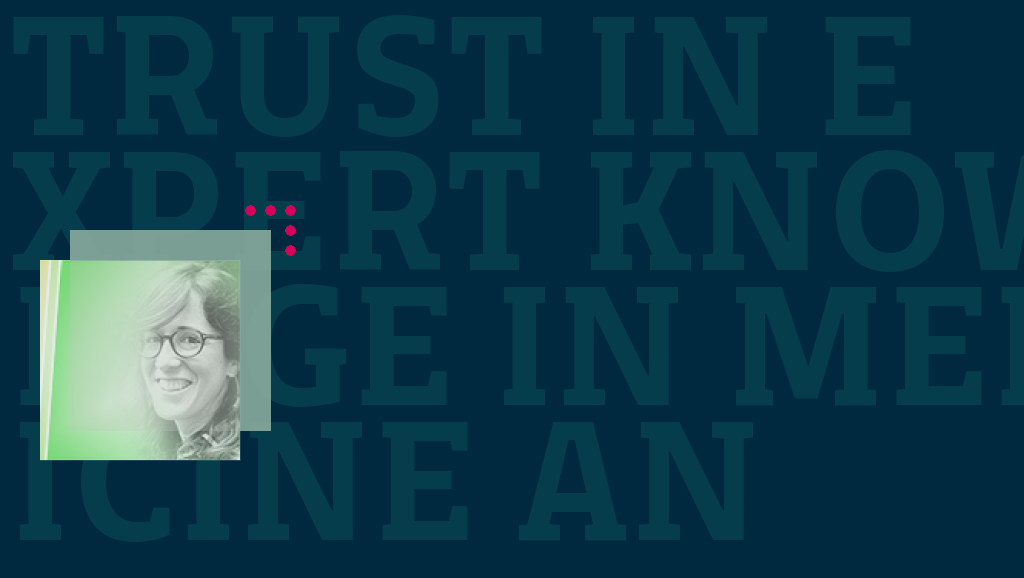Thoughts on Bioethics, public communication and participation.
Index: report, video, slides, paper, photos.
From health to technoscience, and from medicine to politics: trust in expert knowledge is progressively falling. This is a global phenomena, sitting intertwined within a complex relational system whose themes are public communication and participation, individual and collective narratives and power. But how can we unwind this bundle? And how should we orient ourselves if we wish to adopt a responsible approach to the theme of trust in techno-scientific knowledge?
We addressed these issues with Silvia Camporesi – Lecturer in Bioethics & Society at the Department of Social Science, Health & Medicine of King’s College London and Director of the Bioethics & Society Master’s programme also at King’s College London – who from the starting point of the publication of extracts from the Investigating Trust in Expert Knowledge International Conference published in a special issue of the Journal of Bioethical Inquiry, held a symposium at the Bassetti Foundation on 27 February 2017.
Camporesi introduced the discussion by presenting various systems of trust that had been analysed in the different contributions to the conference, such as those surrounding the relationships between patients with chronic pain and medics, the diagnosis and treatment of diabetes and the various forms of vaccine refusal.
The common theme running throughout the discussion was the need to adopt a critical approach to trust in expert knowledge in medicine and to open a discussion on the dichotomous construction according to which trust and distrust are necessarily opposed. From various case studies it emerges that trust is relational and mediated according to the points of access to knowledge. But that is not all.
The issues raised in the symposium went well beyond this to question the widespread conviction that absolute trust in expert medical and techno-scientific knowledge is necessarily positive. It could in fact have the effect of feeding the epistemic asymmetry already intrinsic to medicine and produce real epistemic injustice, by which certain individuals or groups of individuals are discriminated against in terms of knowledge production as is the case of patients with chronic pain who find their narration often marginalised.
One conclusion drawn is that non critical or insufficiently critical research simply carried out to guarantee and ensure trust in science, technology or medicine could also become an integral part of the problem of the rejection of expertise. This is seen as a fundamental point of departure for the adoption of conscious and shared strategies within the fields of communication and public participation within techno-science and medicine.
VIDEO
SLIDES
PAPER
PHOTOS
—————
















